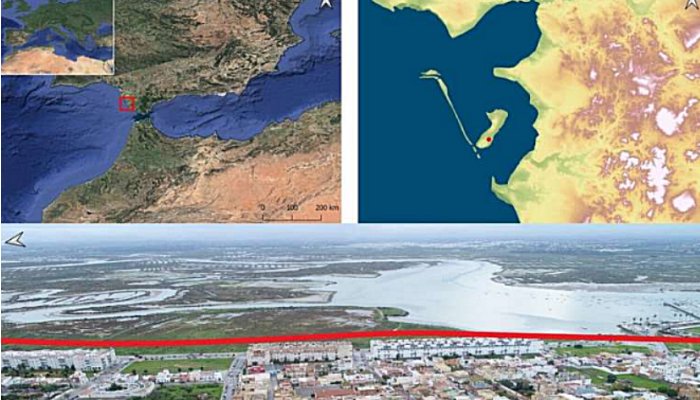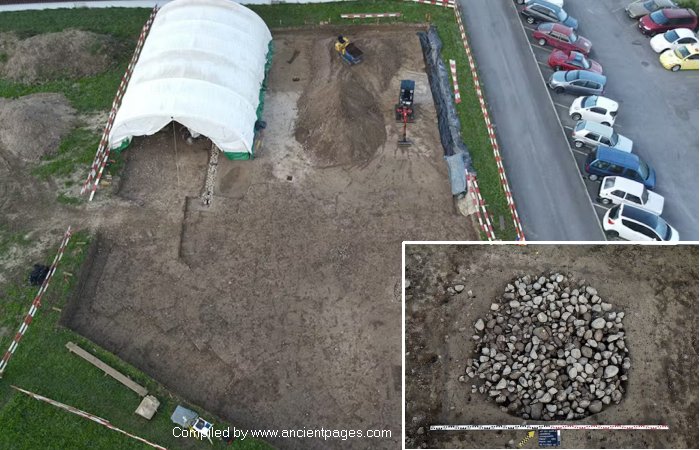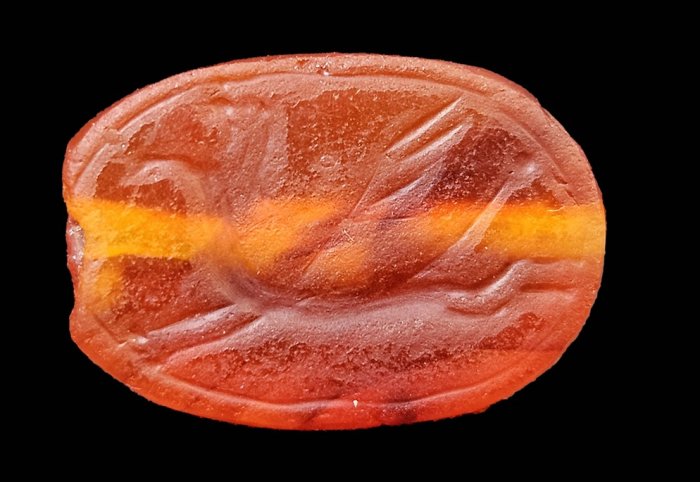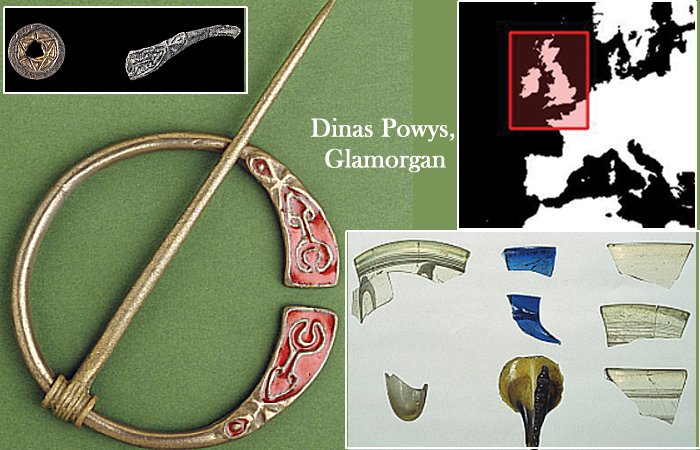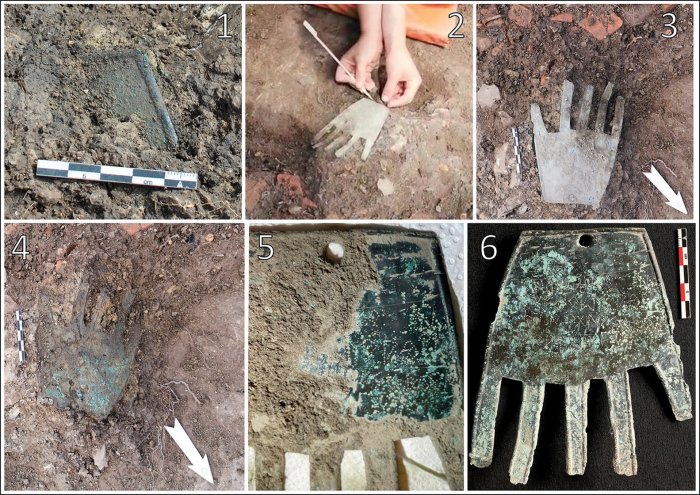Jan Bartek – AncientPages.om – Archaeologists report they have discovered an ‘exceptional’ ancient Roman bath complex in Mérida, in the western-central part of the Iberian Peninsula, Spain.
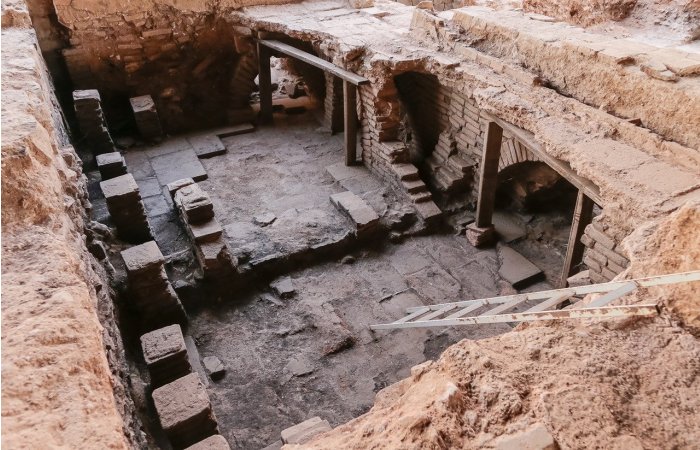
Scientists uncovered a huge ancient Roman bath complex in the city of Mérida. Credit: Consortium of the Monumental City of Mérida
The Consortium of the Monumental City of Mérida has carried out the excavations at the site for a number of months, and the archaeological discoveries are fascinating. According to the science team, the “magnificent, excellently-preserved” public bath complex is close to the theater and amphitheater.
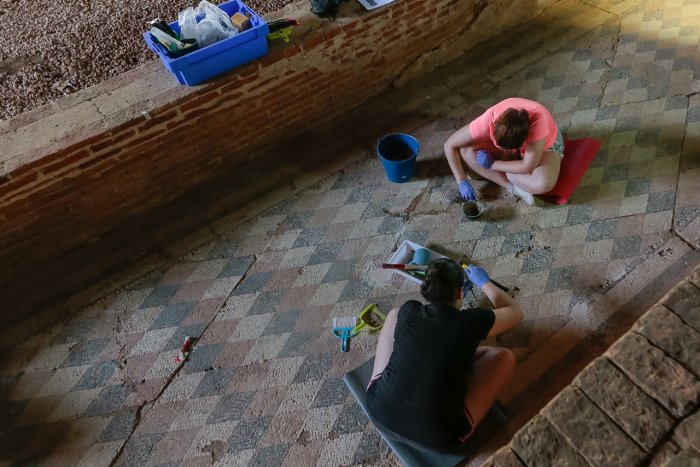
There is a large ancient Roman mosaic inside Casa del Anfiteatro. Credit: Consortium of the Monumental City of Mérida
Eight students from different universities are helping with the dig, and the participants have focused on more than 700 square meters of mosaics in the Casa del Anfiteatro, a large ancient house that once had a courtyard, kitchen, and many spaces scientists are now discovering.
The ancient city of Mérida is of great historical importance. Founded in 25 B.C. by the Roman emperor Augustus, the city was created as an idealized model of Rome. Archaeologists have only started to uncover the secrets of the 2,000-year-old city.
No one knows the size of the Casa del Anfiteatro yet, but there is no doubt it covers a huge area.
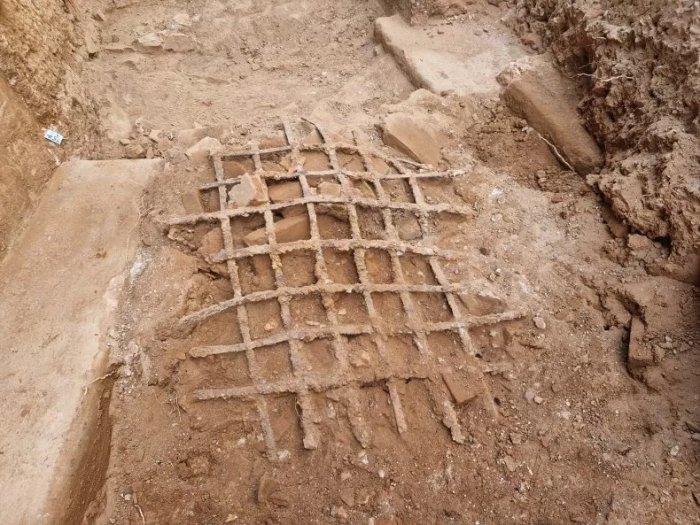
Archaeologists said the well-preserved iron bars found in the remains of changing rooms at a bath complex would once have covered a window. Credit: Consortium of the Monumental City of Mérida
“The Casa del Anfiteatro in itself is not a typical house as it is the largest known in Mérida,” archaeologist Ana María Bejarano, who has been involved in recent excavations at the site, previously told Spanish news agency EFE.
Archaeologists found a crisscrossed set of iron bars within the ancient Roman baths that are “practically intact,” the consortium said in a statement.
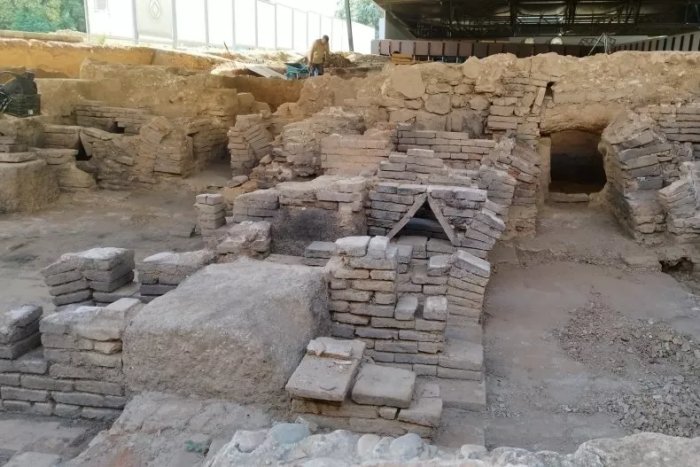
Ordinary Roman houses did not have such large baths. Credit: Consortium of the Monumental City of Mérida
The iron bars, which would once have covered a window, were found in the apodyterium or changing room of the baths. These iron bars will now be cleaned and restored so they can be put on display later.
See also: More Archaeology News
“We are excavating the continuation of the House of the Amphitheater, whose limits are unknown to complete its chronology, but the most important thing found so far are some fantastic baths of enormous size for what is a standard Roman house. The size of the baths exceeds what a normal house would have. The House of the Amphitheater is not a typical house,” the consortium explained to the press.
Written by Jan Bartek – AncientPages.com Staff Writer
